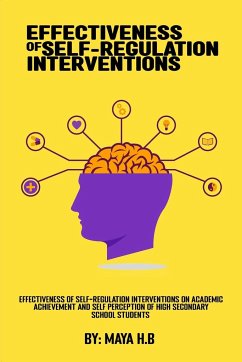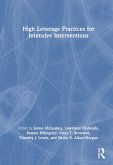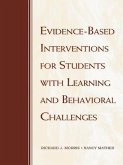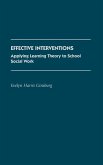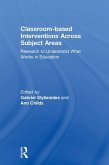INTRODUCTION The first chapter is presented in seven sections, each highlighting key aspects pertaining to academic performance and self-perceptions of academically average performing students. Section I: presents the background of the study and introduces the topic along with relevant related aspects Section II: discusses Academic Performance and Self-Perception among students and the relationship between these two facets of students' academic life Section III: presents the reciprocal relationship between Academic Self-Concept and Academic Achievement among students Section IV: deals with self-perceptions of personal agency such as Self-Efficacy and SelfRegulation and its influence on students' Academic Performance Section V: presents the self-regulation strategies used in this study such as Goal Setting, Mindfulness Practice and Cognitive Instructional Strategy using Graphic Organizers Section VI: outlines the theoretical backdrop of learning processes and academic achievement Section VII: outlines the conceptual frame work and the need for the present study highlighting the key objectives. Section I: Background of the study The Indian school education system in the last few decades has gone on to make their mark in diverse fields of national and international life. There are diverse aspects of our educational system, particularly the school system that are lacking to make a significant impact. It is characterized by inflexibility where learning is unconnected with the students' 2 life and this in turn has led to the neglect of students' present abilities and increase in their difficulties (NCERT, 2006). The National focus Group of the NCERT (2006) further points out that the Indian School Education System is a monolithic system that has resulted in a set of practices for the development of curriculum, syllabus and textbooks rather focused on the requirements of the examination system than the child's learning requirement, aims of education and the socioeconomic and cultural contexts of learners. It further highlights the fact that educational practices in school are a dull routine, characterized by bored teachers and students, and a rote system of learning. Performance in academics requires all aspects of the students' wellbeing such as psychological behavioral, emotional, physical and social. Students who are physically and psychologically stable and strong tend to perform better when compared to those who are not. In other words, those who are experiencing psychological problems face difficulties in their academic performance. Hence, psychological stability turns out to be an important predictor of high academic achievement. Understanding aspects of the self, particularly of students who are low achievers is critical, due to the large number of children who are left behind and the social ramifications that result from poor education. In a country like India, with a population over a billion, the demand the school going population places on the limited resources, government policies and the type of delivery all gain special significance when the students' academic life and career is taken into consideration. With a huge demand of good quality education and delivery that the school going population places on the government and private players, it is quite possible that students, who fail, fall back. It is all the more so, if students have difficulties in learning. It is therefore imperative and of critical importance to have a clear understanding of the barriers that impact students' education so that successful school based interventions can be,
Hinweis: Dieser Artikel kann nur an eine deutsche Lieferadresse ausgeliefert werden.
Hinweis: Dieser Artikel kann nur an eine deutsche Lieferadresse ausgeliefert werden.

